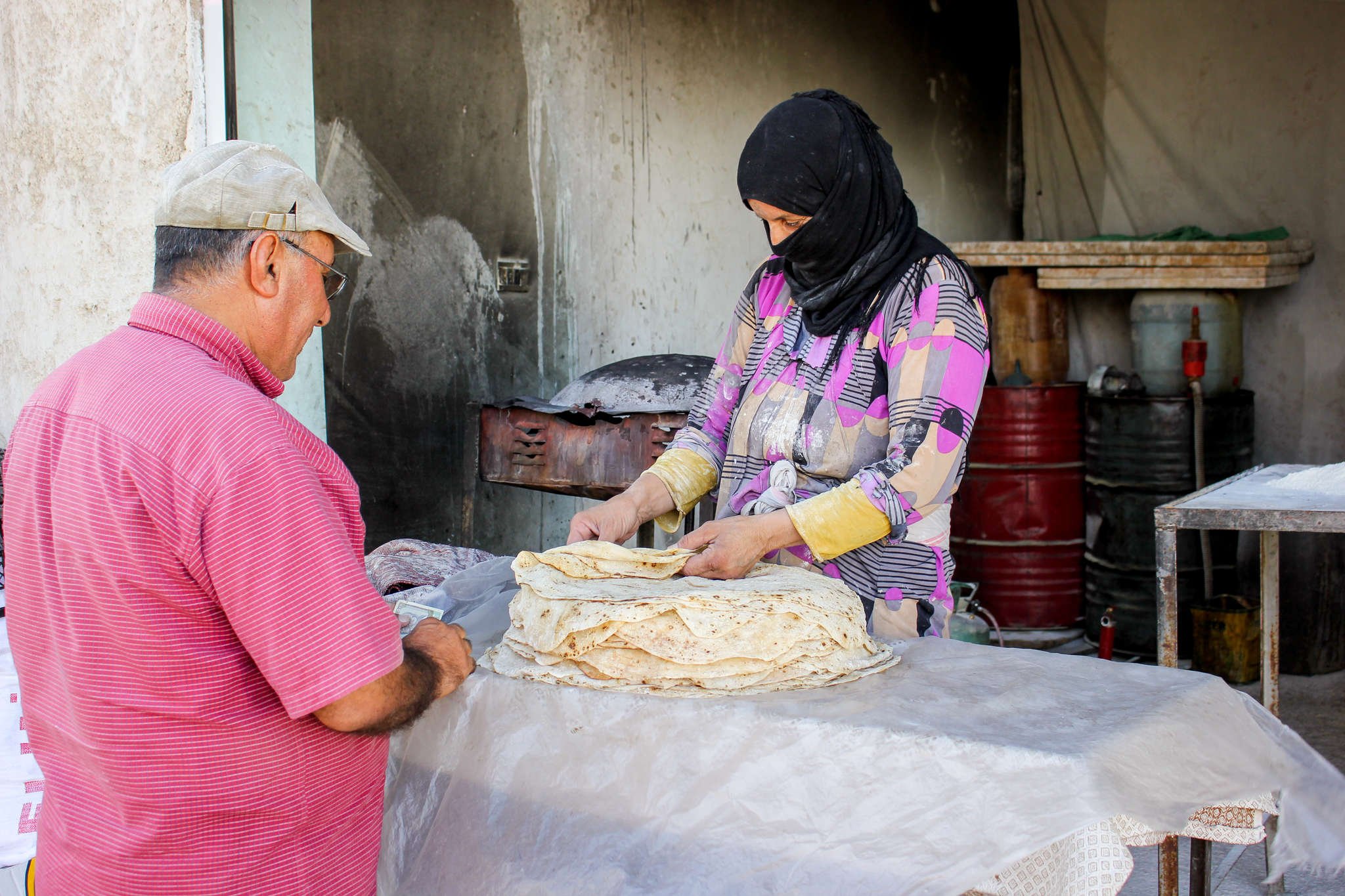Syria Monthly Report
April 2022
South & central
Bread crisis intensifies in government-held areas
Syrian government devalues Syrian pound
Cases of water poisoning reported in neighborhoods of Dar’a city
Sieges in Aleppo and Al-Hasakeh
Northeast
ISIS announces new global revenge operation
Northwest
Economic conditions worsen in northwest during Ramadan
Summary
Economic conditions worsened in northwest Syria, with prices of basic commodities increasing, and wages and employment opportunities decreasing. High fuel prices, import shortages, a reduction in humanitarian aid, and the unstable value of the Turkish lira were primary causes. Bread shortages also worsened throughout south and central Syria, while government attempts to mitigate by reducing allocations and changing distribution failed.
Syrian government forces and the SDF were in a low-level standoff in areas of Aleppo and Al-Hasakeh city, where each have besieged areas controlled by the other. Both sides deny culpability.
A number of people have been sick with water poisoning in Dar’a, with poor maintenance of old water pipes and proximity of water supply to sewage blamed
The Syrian Central Bank devalues the pound once again, by 12% from 2,500 to 2,800 SYP per USD. Previous devaluations have followed significant national and international events, and this most recent is likely due to the financial strain on the government as a result of Russian–Ukrainian conflict.
ISIS announced a new global operation Al Tha’er Lil Shaykhain, a revenge operation in response to the killing of former ISIS commander, Abu Ibrahim al-Hashimi al-Qurashi, and former ISIS spokesperson, Abu Hamza al-Quraishi, in February. Forty-two attacks were recorded over nine countries in the first three days of the announcement. In the Syrian northeast, there were increased ISIS attacks on civilians at the beginning of Ramadan.


